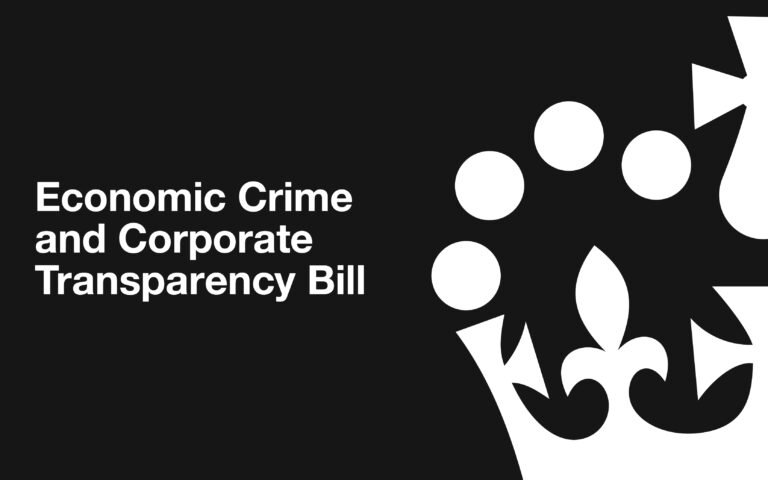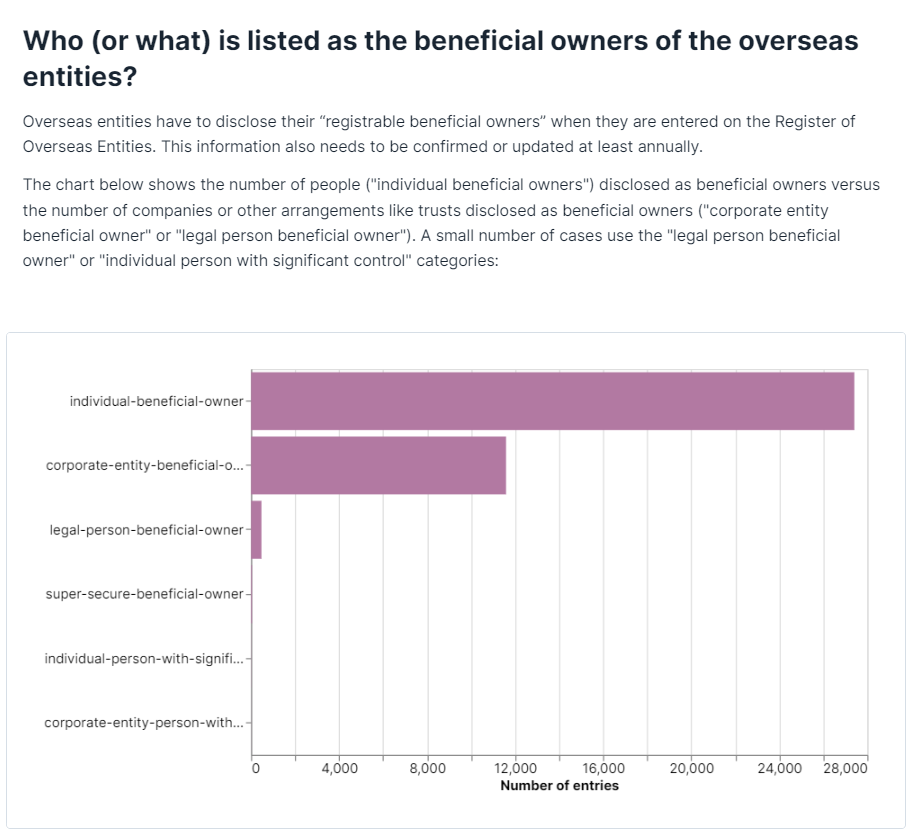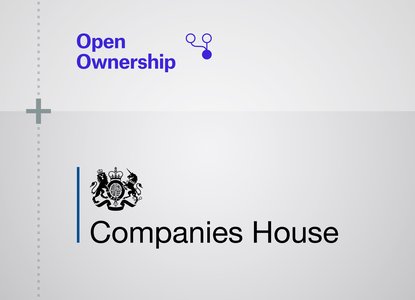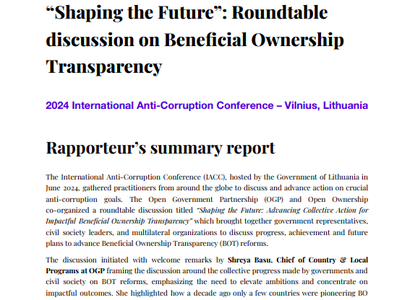Companies House given new powers to fight economic crime and improve the quality of data on UK companies

The UK’s company registrar has been granted new powers to fight economic crime, monitor the activities of suspicious companies and improve the quality of its data after the passage of a new law.
Following months of debate and amendment, including evidence given by our Executive Director Thom Townsend in the House of Commons in October 2022, the Economic Crime and Corporate Transparency Act came into force today. It is part of a raft of legislation aimed at transforming Companies House into “an active gatekeeper” of the data on its registers, after years of evidence showing the abuse of the UK’s company registration system.
Thom Townsend said: “These reforms are a big step forward for the UK and long overdue, and will give Companies House the power to produce better data on who owns corporate entities in the UK. The implementation of these new powers needs to be fast and done well, and we hope that Companies House will continue to engage across government, business and civil society to ensure effective change.”
New powers, including those which will affect beneficial ownership data, include:
- Identity verification
- Granting the Registrar the power to close down companies
- New failure to prevent fraud offence
- Unique identifiers for people to better link all relevant corporate records to individuals
- More investigation and enforcement powers
The act also includes amendments to the earlier Economic Crime (Transparency and Enforcement) Act which lead to the establishment of the UK Register of Overseas Entities in 2022.
To be able to implement and deliver on the promise of these reforms, Companies House will be given additional resources under the UK’s second Economic Crime Plan. It will be crucial in the coming years to monitor how Companies House uses these resources and new powers, a point stressed throughout the parliamentary process by MPs and peers, who have requested regular reports on progress to be submitted to Parliament.
Thanks to support from the Open Society Foundations, we have been monitoring the progress of this legislation as well as providing data analysis support to members of the UK Anti-Corruption Coalition. Open Ownership will be closely monitoring and engaging with the process to introduce secondary legislation; this will help determine whether verification mechanisms and other provisions are implemented effectively.
Our wider work on UK data
Since 2017, Open Ownership has worked with the beneficial ownership data published by Companies House to help people analyse, search and better understand it as well as documenting the early impacts of the UK’s public register. For example, our notebook surfaced insights into data from the Register of Overseas Entities, and demonstrated how more than a third of the beneficial owners declared are other companies or trusts, rather than natural persons, as shown in the chart below:

With our Beneficial Ownership Data Standard now being the UK government’s official open standard to collect, use, exchange and publish beneficial ownership information, we look forward to working with Companies House in the years to come as they seek to enhance and make more use of the data they publish.
Related articles and publications
Publication type
News article
Country focus
United Kingdom of Great Britain and Northern Ireland
Sections
Implementation
Open Ownership Principles
Sanctions and enforcement,
Verification


